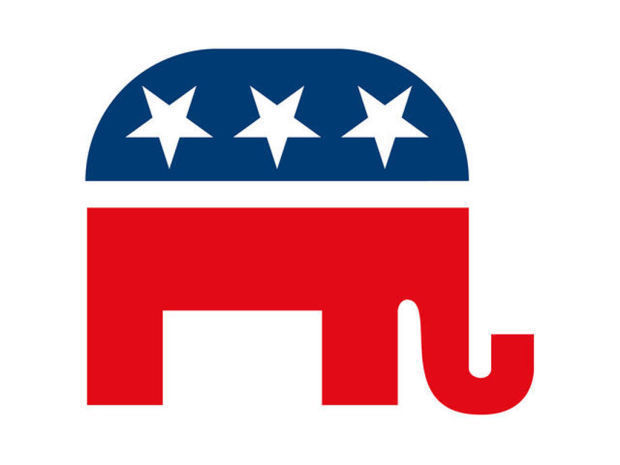Conspiracy theories and the Republican cult of alienation

The Dunning-Kruger effect, according to Wikipedia, “is a hypothetical cognitive bias stating that people with low ability at a task overestimate their ability.” The effect manifests itself in frustrating and dangerous ways, including a tendency to believe fake news and conspiracy theories. After all, belief in fake news and conspiracy theories relies heavily on misplaced confidence in the believer’s own correctness.
These tendencies have worked their way into the American government at the highest levels to an alarming extent. Belief in fake news and conspiracy theories is both rampant and deliberately and cynically adopted by many in government for the sake of manipulating their constituents.
Whenever I mention the Dunning-Kruger effect in my articles there is a tacit (and justified) presumption that I’m talking about “them,” i.e. Republicans and their fellow-travelers. But we all need to take a humble moment and heed the cautionary words of Dr. David Dunning himself. Like Fight Club, the Dunning-Kruger Club has a first rule for membership. “The first rule of the Dunning-Kruger club,” says Dr. Dunning, “is you don’t know you’re a member of the Dunning-Kruger club.”
Membership in the Dunning-Kruger Club is on a sliding scale. To one degree or another we all fall prey to the trap of overconfidence in our own abilities. The extent that we cultivate the intellectual weapons necessary to combat this tendency will determine how successful we are at avoiding such traps.
What can we do about it? Apart from cultivating humility about our own abilities, Dr. Dunning gives us some other useful practical tips. One is to try to think statistically whenever possible. The probability that a thing is true says a lot about whether or not it ultimately is. Your confidence, for example, that you just bought the winning lottery ticket is a kind of statistical folly. You ought to know better, and hopefully on some level you do. But people are subject to these follies all the time, and the more aware we are of them the better equipped we are against falling prey to them.
Another thing we can do is ask yourselves questions like, “Could I be wrong about this, and if so, how could I be wrong?” Try to anticipate arguments against a particular belief you may have, and try to avoid any dogmatic certainties when you express those beliefs. Leave room for the possibility you may be wrong about something. You might be surprised at how often you are.
It is useful for us to adopt these habits because we need to distinguish ourselves from Republicans. Democrats are in charge right now, and if we are going to be successful and remain in charge we need to avoid the traps and follies of thinking, traps and follies that Republicans commit constantly. Rejection of bad thinking habits is one real way forward. It makes our narratives more credible and consistently correct, so much so that undecided people will tend to favor our narratives and ultimately tend to think the way we do.
For example, global warming is real. Wearing masks saves lives. Giving huge tax breaks to the wealthiest one percent will not even out the immoral imbalance of the distribution of wealth. And so on. These are beliefs that are backed by science and experience and have the advantage of being provably true.
Much of the bad thinking Republicans have fallen into is the direct result of alienation. Many Americans feel alienated and forgotten, and not without justification. Republican politicians exploit this feeling all the time. But because of this sense of alienation, it became easier for many Americans to believe someone like Donald Trump. Trump promised them he was a maverick, that he would “drain the swamp” of all the people that had forgotten about the alienated and disenfranchised. It was a tempting message, one that captivated and fooled many millions of people. And they remain fooled to this day.
It is up to us to carry the intellectual mission of the human race forward, not backward, if we are to survive as a species. “Make America Great Again” was really a battle cry to return to the past, to undo all progress, to return to a mythical time of imagined bliss that never existed in the first place. It’s part of the Republican cult of alienation that views with suspicion and hostility all forms of real progress, like gun control, vaccination against coronavirus and new and renewable forms of energy. It’s up to us to be the leaders, and to lead effectively we must cultivate the intellectual tools necessary to make such leadership both attractive and possible. And, as ever, ladies and gentlemen, brothers and sisters, comrades and friends, stay safe.

Robert Harrington is an American expat living in Britain. He is a portrait painter.
